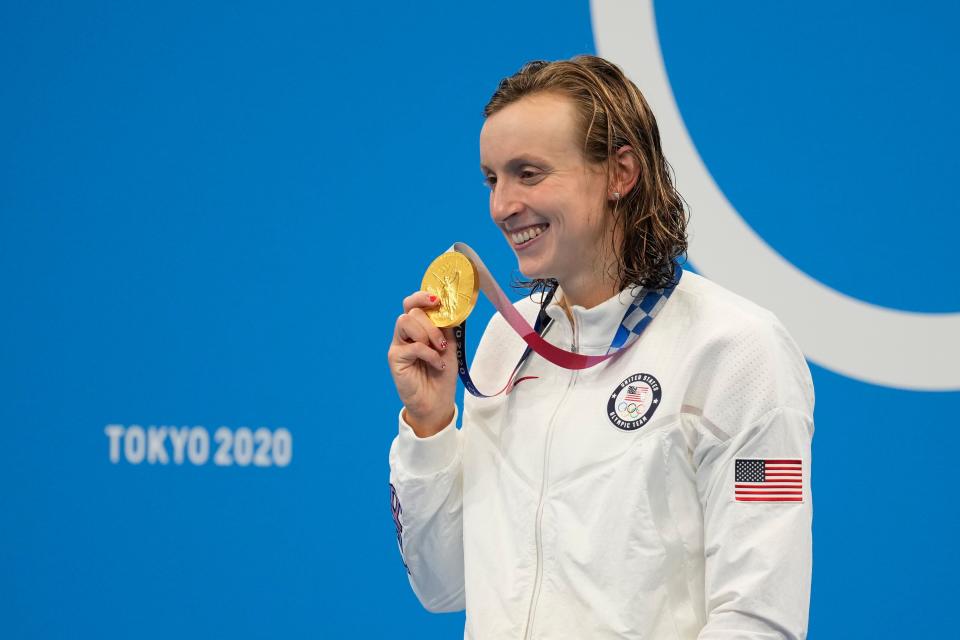U.S. Fencers Wear Pink Masks In Protest Of Their Own Teammate
Members of the U.S. men’s fencing team showed how they felt about having to compete alongside teammate Alen Hadzic in the Tokyo Olympics amid at least three ongoing sexual assault accusations against him.
On Friday, three members of the men’s épée team donned bright-pink masks, a planned move in support of Hadzic’s accusers, sources told BuzzFeed News. Hadzic himself wore a black face covering as part of coronavirus restrictions at the event.
#TeamUSA men’s epee team wore pink masks for their opening match at the Olympics as a show of support for sexual assault victims. Alen Hadzic— their teammate accused of rape and sexual assault— is on the left. Kudos to the team for taking a stand. #BelieveWomenpic.twitter.com/yRI4azelKN
— Ibtihaj Muhammad (@IbtihajMuhammad) July 30, 2021
A group of six female fencers had written to U.S. Olympic officials less than two weeks after Hadzic, 29, secured a spot as an alternate on an Olympic fencing team to express deep concerns about the impact his presence might have on the other athletes.
In the end, Hadzic was allowed to compete, albeit with certain restrictions: USA Fencing, the sport’s governing body, created a “safety plan” to keep Hadzic away from female competitors and out of the Olympic Village, as first reported by BuzzFeed News. He is staying instead at a hotel 30 minutes away from his teammates, according to BuzzFeed, and flew in on a separate plane. He is also not allowed to practice alongside the women.
Hadzic has previously denied the allegations.
One player told the news outlet that they were “pissed off” at USA Fencing’s decision to allow Hadzic to compete. “He’s been protected again and again,” the athlete said.
Hadzic told USA Today that he confronted two of his teammates over the pink masking stunt.
“They never asked me for my side of the story,” Hadzic told USA Today Sports. “They never asked for evidence or how I felt.”
The New Jersey native previously appealed USA Fencing’s decision to keep him separate from the others. In response, the entire roster of U.S. Olympic fencers signed a letter asking for the restrictions to remain in place.
BuzzFeed News said it had unearthed a pattern of sexual misconduct accusations against Hadzic going back to his days as a student at Columbia University.
The news that he would be allowed to compete came not long after it was announced that American sprinter Sha’Carri Richardson would be barred from competing in the Olympic 100-meter sprint for smoking weed after learning about the death of her birth mother, prompting a discussion of double standards and what should be considered acceptable behavior in elite sports.
This article originally appeared on HuffPost and has been updated.

 Yahoo Movies
Yahoo Movies 



